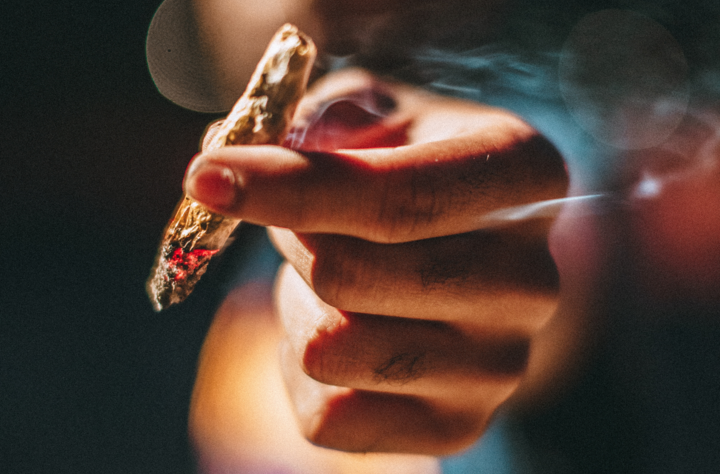The legalization of marijuana within Canada is in full effect as of Oct. 17, but in the wake of this change there’s another hurdle for politicians to overcome. Should those convicted of marijuana-related crimes under outdated drug laws receive amnesty? Recently the NDP has put forward a bill to expunge records of minor non-violent marijuana possession charges, suggesting that Canadians shouldn’t continue to be punished for something no longer illegal. Not only do I agree with this step forward, but I am reminded of the demographics that would be most affected by this bill.
Black and Indigenous people are overrepresented in our country’s weed arrests, and it isn’t because they committed the most crimes. According to the Substance Abuse and Mental Health Services Administration, different races use the substance at roughly the same rate, yet Edmonton police, for example, have been criticized in the past for performing racialized street checks targeting people of colour. When we over-police our minorities, we overrepresent them in our prisons, and this heavily applies to convictions of marijuana possession. Even if one isn’t certain that police nationwide discriminate by race when it comes to weed, this trend could also point to how a large degree of disadvantage and disparity within minorities influences the rest of their lives. Possession charges can permanently affect career, volunteering, government housing, and scholarships. These are the people that would be given a second chance if the bill comes to pass.
Furthermore, how many people have stopped to think about why we so often call cannabis “marijuana,” or why it was first made illegal? Unfortunately, the answers to both these questions lie in fear mongering and racism. When there was an increase in Mexican immigration to the U.S. in the early-1900s, these individuals brought with them “marihuana,” a spanish word related to the smoking of cannabis. The drug became popularized from then on, but what also soon became well known was unfounded propaganda connecting it with assault and violence. By purposefully associating cannabis with the Hispanic population by referring to it as “marijuana,” a gateway drug leading to use of morphine and heroin, it was easy to demonize cannabis to a xenophobic media and public.
The reason why I mention the U.S. outlawing of cannabis is because it follows a similar trend to our own history with the drug, and there was also heavy influence on Canada from international anti-drug conferences. Our country was motivated to regulate cannabis due to the growing concern of Chinese immigrants who were associated with opium. Emily Murphy, an instigator of the ban on weed, is often quoted saying that young women under the influence of drugs would be led to have sexual relations with Chinese men, leading to mixed-race babies. Although this was directly targeting opium, cannabis was added to our schedule of restricted drugs with little reason other than blind fear and desire for segregation. If one at the time was truly concerned with health however, years before its criminalization Britain’s 1894 Indian Hemp Drugs Commission report stated, “Moderate use practically produces no ill effects.” Those that campaigned against the use of marijuana seemed more focused on taking advantage of racial tension to maintain a hierarchy rather than searching for actual scientific reason as to why it would be dangerous.
If one is still unsure of the morality of expunging past cannabis crimes, it helps to recall Lawrence Kohlberg’s six stages of moral development, particular the sixth stage: just because something is illegal doesn’t automatically mean it’s morally wrong. I would argue that the outlawing of weed in the first place was unjustified. Following that train of thought, if individuals broke these laws by being in possession of weed after its criminalization, was it really morally wrong? Another detail to consider is that although there exists the law, it remains distinct from justice. While police carry out the law, they aren’t immune to discrimination, and justice isn’t always served by them. If justice were truly to be served, would Justin Trudeau himself not have to face consequences for publicly admitting he tried weed multiple times when it was illegal?
In the end, cultural nuances and deep-seated racism surrounding cannabis blur the lines of being able to simply say that individuals in possession of it who broke the law at the time should pay the full cost. It’s important to take a step back from a black-and-white mentality and examine the disproportionate punishment between races, and what was truly being prioritized when it was first put on the restricted substances list. Should those affected by possession charges today continue to pay for what was not right in the past?
Chandy is a biology major/chemistry minor who's been a staff writer, Arts editor, and Managing Editor at The Cascade. She began writing in elementary school when she produced Tamagotchi fanfiction to show her peers at school -- she now lives in fear that this may have been her creative peak.


